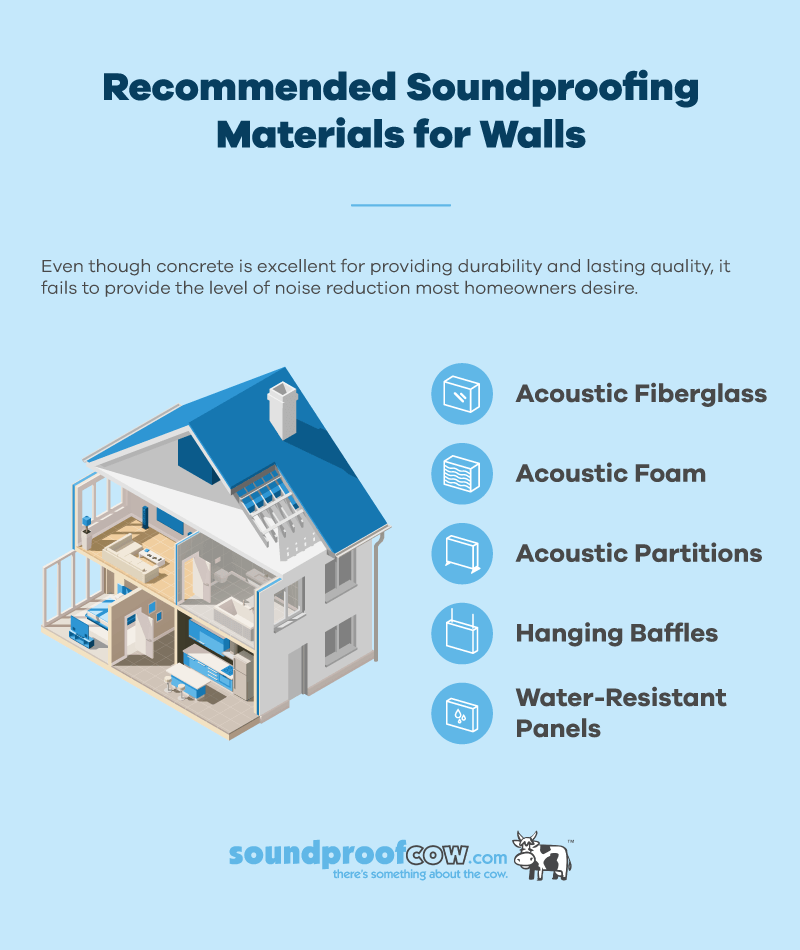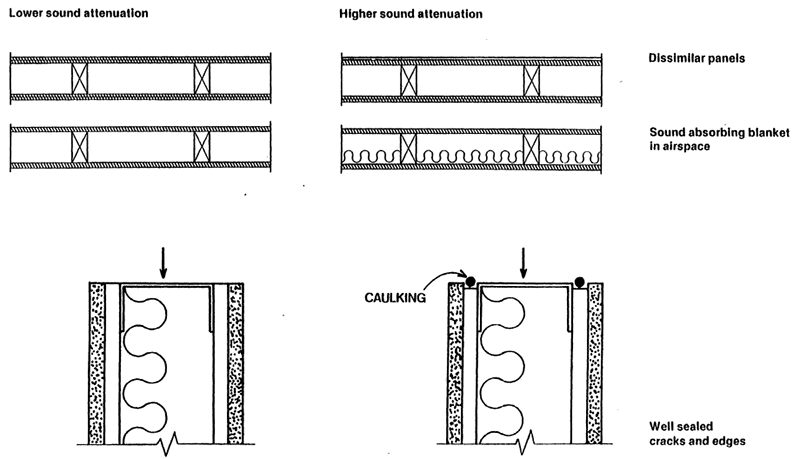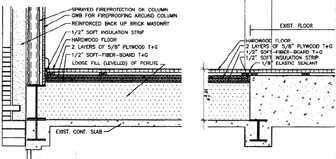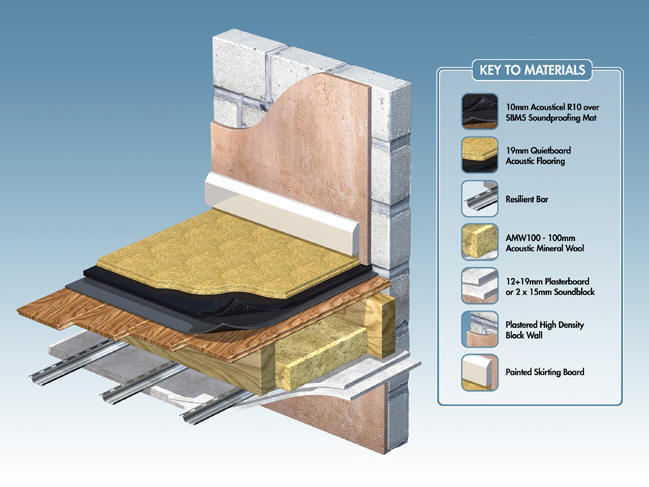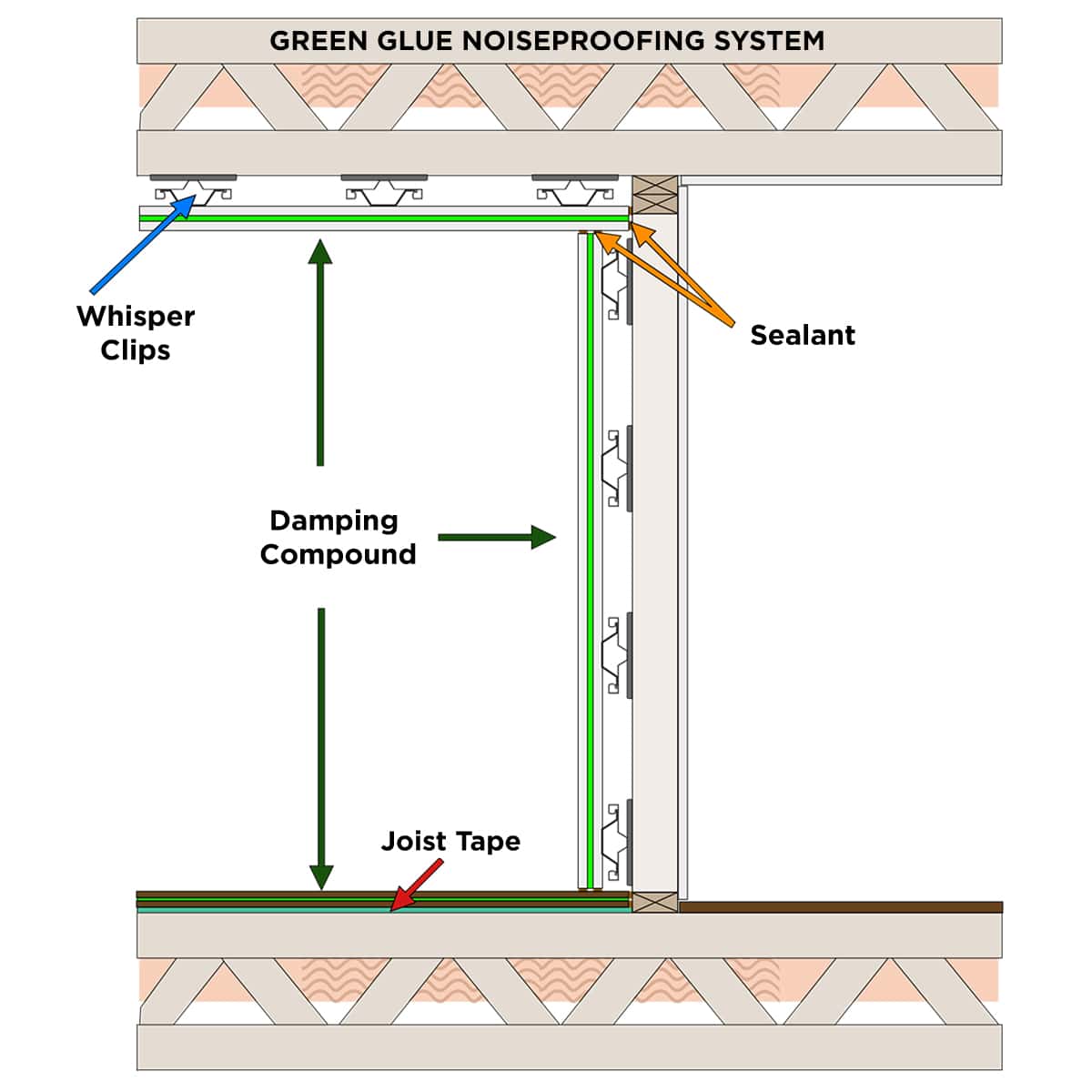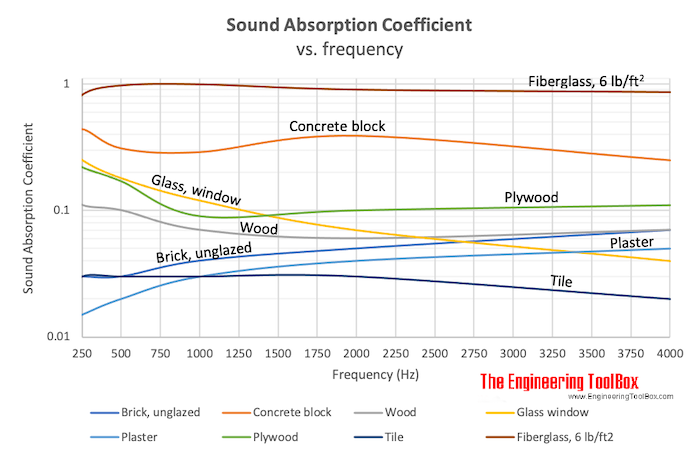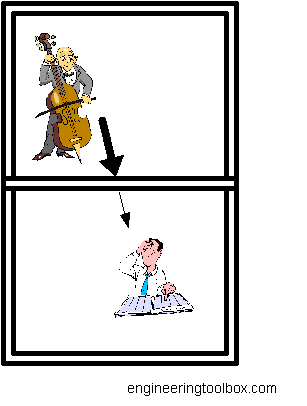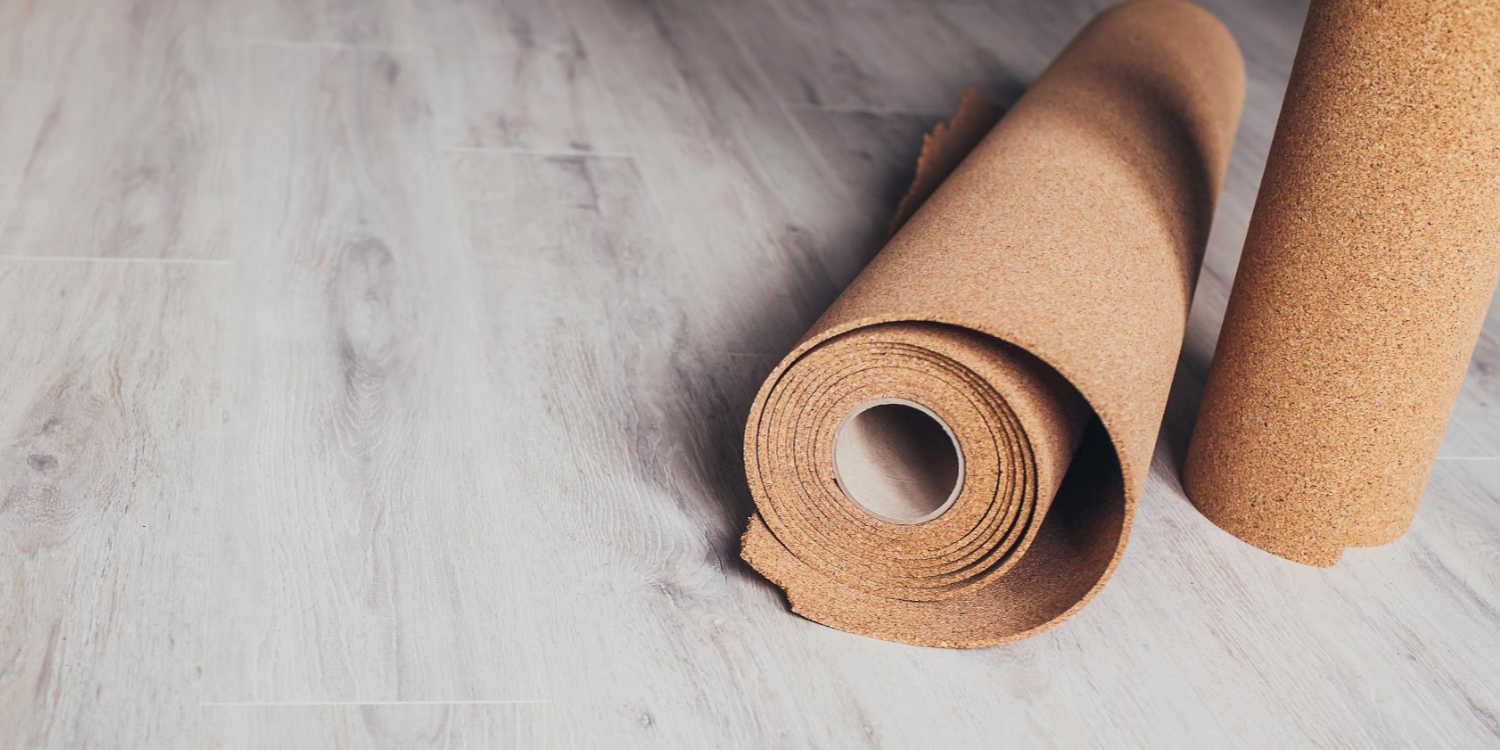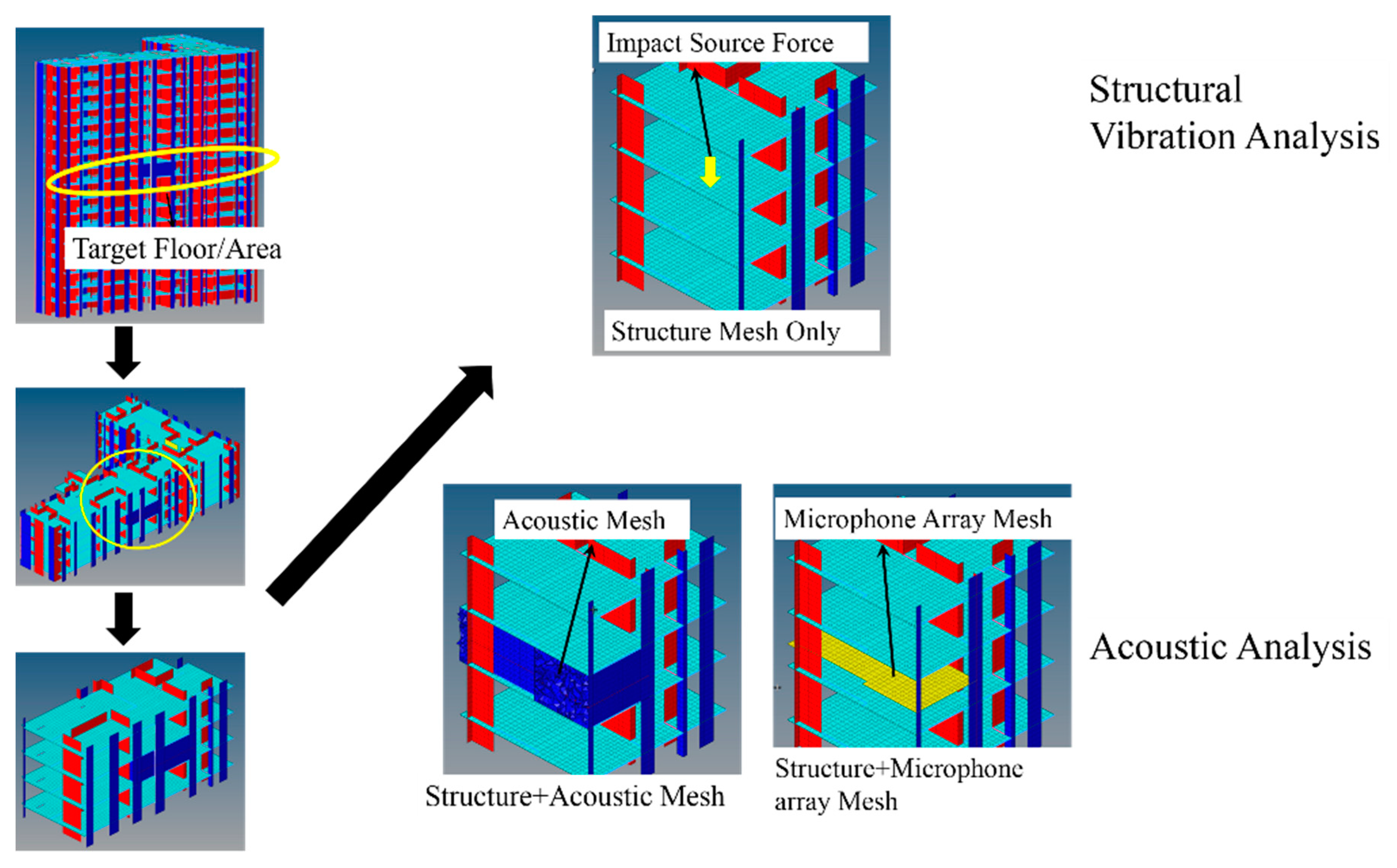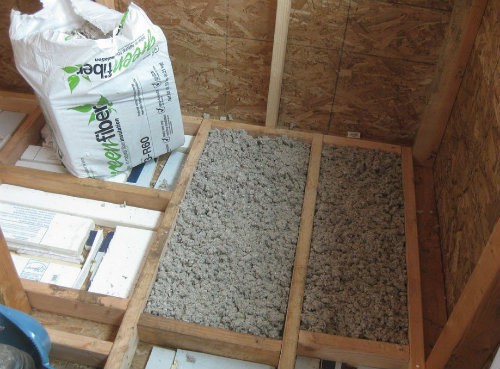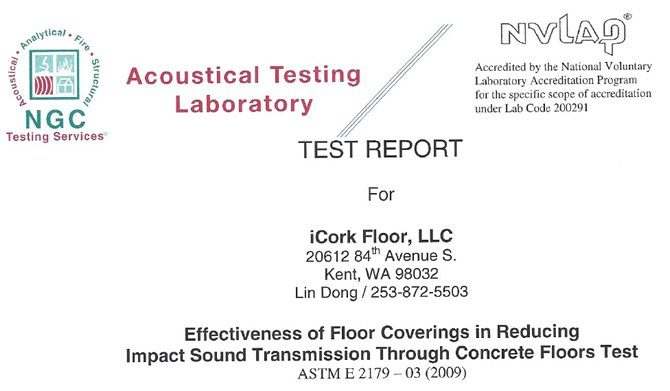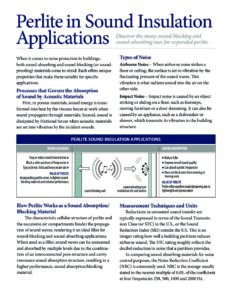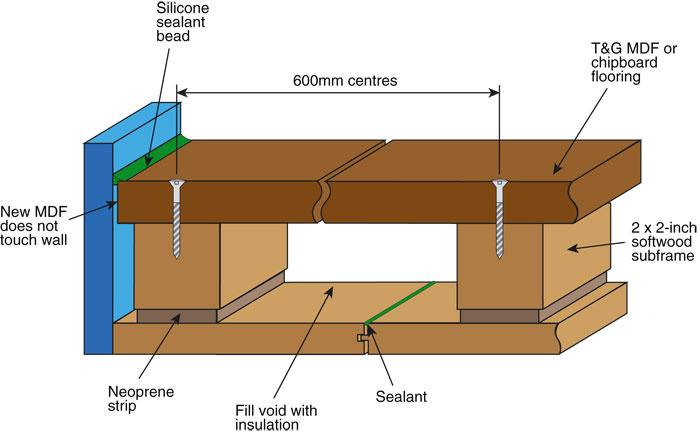Sound Insulation Properties Of Concrete Walls And Floors

Non floating floors if a floating floor is not an option then the best method of insulating the floor against impact sound is to provide soft resilient floor coverings.
Sound insulation properties of concrete walls and floors. First we have to make the distinction between insulating products and other soundproofing materials there are many materials you can attach to your wall to approximate the way insulating products work. Using a combination of isolation absorption and mass a plastered 100mm blockwork wall can be upgraded to meet the building regulations. When it comes to concrete and soundproofing you should always focus on coating the walls with a layer of noise reduction materials first. Isolation an independent timber or stud frame should be constructed at least 10mm away from the existing wall.
The more the concrete weighs or the denser the concrete the more sound insulation the greater sound transmission loss rating. The need for additional finishes is minimal thereby reducing capital and ongoing maintenance costs. Acoustic performance good sound insulation by walls and floors is easily achieved using the inherent mass and damping qualities of concrete. Knowing that you should make an effort to learn about the best soundproof insulation you could use in walls and ceilings.
Noise control in buildings for residential use in england and wales is regulated using approved document e. Insulating products are a key component of any soundproofing project. Best of all this user friendly product makes installation and application a breeze. Here we talk you through the process using rockwool products.

